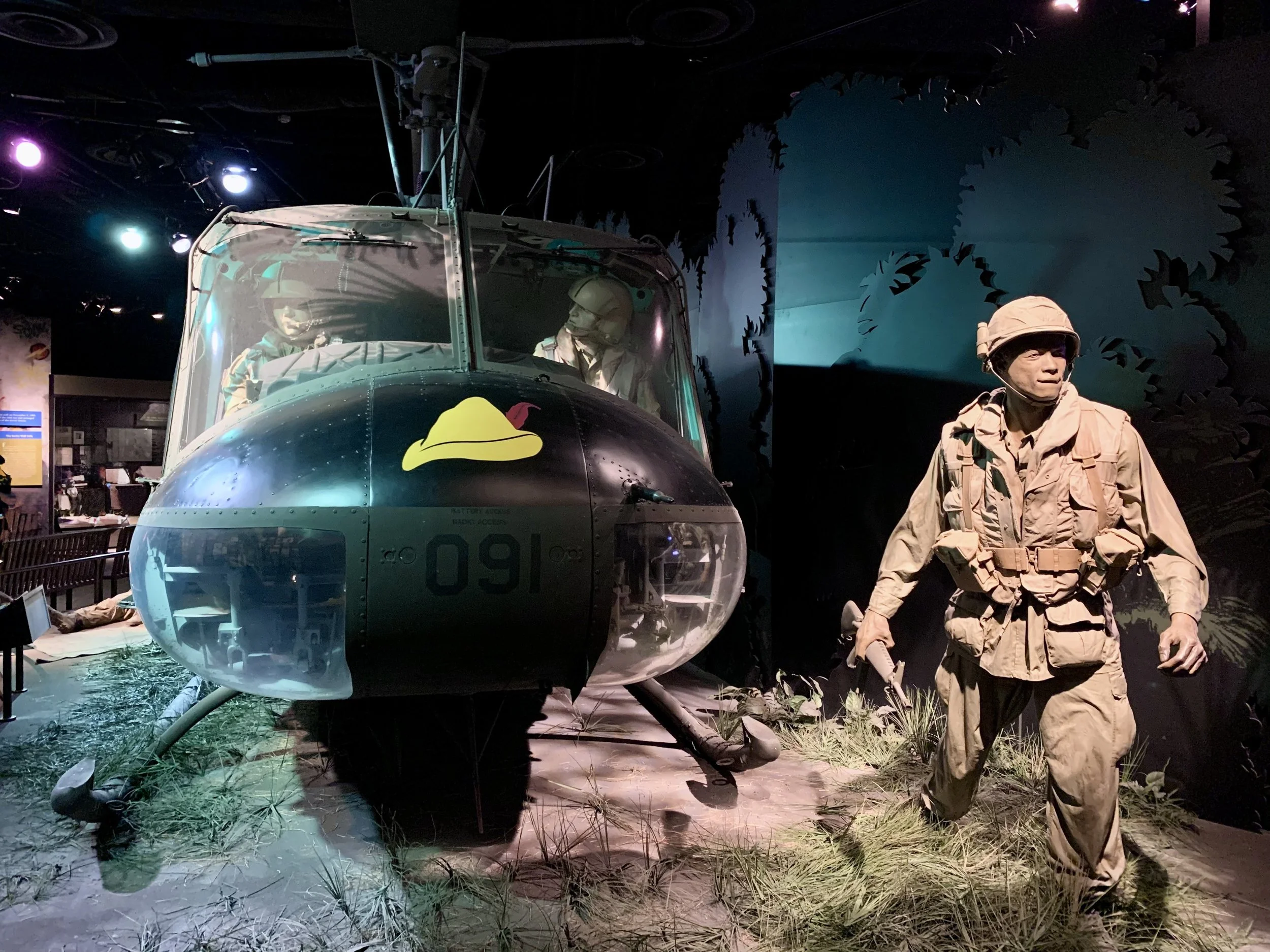The Uniform Turned Inward
As many of you know, I am an LA resident. A place of diversity with over 200 languages spoken. The current unrest fabricated in this town over the last several days has me torn between several identities. I am an immigrant, and I have a background in both the military and law enforcement. Privileged to see perspectives, understand the internal struggles, and know some of the outcomes not only from our immigrant population, but the trauma this will cause for some of our own law enforcement and service members politicized by our leadership.
Throughout American history, the military has been revered as a protector of national sovereignty, a force trained to defend against external threats and support allies abroad. But when that force is turned inward, used against the very citizens it swore to protect, it risks eroding trust, undermining the social contract, and endangering the long-term well-being of those who serve.
As a veteran and a lifelong advocate for the military community, I’ve seen firsthand how sacred the relationship is between the American people and those who wear the uniform. That relationship is built on trust. Service members swear an oath not to a person or a party, but to the Constitution. When they are used to suppress domestic unrest or manage crises rooted in political discord, the military becomes politicized, dragged into a realm where it does not belong.
The U.S. military is trained for combat, not crowd control. While troops are capable of operating under rules of engagement that prioritize restraint, asking them to act as a policing force creates confusion over their role and function. This shift endangers the moral clarity service members need to navigate the ethical challenges of war and peace.
Veterans returning from such deployments may carry not only physical and psychological wounds, but also a deep conflict over their role in actions that pit them against fellow Americans. This can lead to moral injury, a form of trauma experienced when actions taken or orders followed violate a person’s core ethical beliefs. The long-term mental health consequences of such deployments are profound, compounding the already high rates of PTSD and suicide among veterans.
When the military is seen as an arm of domestic suppression, public perception shifts from protector to oppressor. This erosion of trust makes it more difficult for veterans to reintegrate into civilian life. Employers, neighbors, and even former comrades may view them with suspicion, rather than gratitude or respect. The more the military is used against civilians, the harder it becomes to argue that veterans deserve public support for their sacrifices.
History offers reminders of what can happen when a nation turns its military against its own people. Democracies falter. Civil liberties erode. And the military, an institution that relies on public respect and accountability, becomes a tool of fear rather than freedom.
Preserving the integrity of the armed forces means keeping them above domestic political conflicts. It means investing in civilian solutions for civilian problems and relying on community partners and leaders, trained public servants, law enforcement officers with accountability measures, to navigate domestic crises.
Using the military against civilian populations doesn’t just threaten lives in the moment; it threatens the future of every person who has ever served. It confuses the mission, damages morale, undermines public trust, and creates long-lasting harm to those we rely on for our nation’s defense. As we navigate turbulent times, we must be vigilant in protecting the line between military service and political enforcement. It’s not just about preserving democracy. It’s about preserving the soul of those who swore to defend it. Our service members have to be able to return home and to communities that support them!


